Everyone has probably had to write a resume and cover letter at least once for a job that inspires them or they desperately need. But in the flood of applications that companies receive, your curriculum vitae (CV) must stand out positively if you do not want to fade into the background and be (too) quickly forgotten. But how to write a CV so a potential employer will undoubtedly remember you?
First of all, two important points
Your CV is never really finished. Remember to keep it up to date and adapt it. Every job advertisement is different so adjusting and adding your personal touch is essential. It's the only way to stand out and make employers aware of your desire to work. It is necessary to highlight over and over again those experiences that are extremely important to the job you are applying for.
And the second point: your CV may be superbly written, engaging, without a single grammatical error, highlighting all your achievements and experience, and expressing a strong desire to work. Still, the employer does not even look at it because he is not convinced by your cover letter. This is because it is read before the CV as it is a short introduction and address to the employer. The motivation letter should therefore be concise, expressing the jobseeker's desire for employment and emphasizing their motivation for work.
So, what kind of CVs do we even know?
There are several types of CV: functional, chronological, and the European Union CV or Europass. Sometimes it is up to you to choose which one and sometimes, the employer himself expresses a desire for what kind of resume they want to receive. However, they all have a few things in common: they should be short, concise, and clear, with personal and contact details, your education, work experience, and achievements.
Maybe this time, we'll turn the story around a bit: what to leave out of your CV?
- Useless work experience – highlight relevant work experience to the job you are applying for. If your CV contains different information about your work experiences, it will be harder to extract the relevant ones. For example: if you are applying for a job as a web content creator, highlight where you have gained experience as a web content creator so far. Do not write about how you worked as a salesman in a shop, in the hotel reception, or in a car wash as this experience is not relevant to the job you are applying for;
- Too much personal information – for example, all your hobbies, religious beliefs, race, past illnesses, bad experiences with former employers, and so on;
- Photos – your CV may only contain a profile photo;
- Words and phrases such as: flexible, meticulous, independent, excellent communication skills, etc. – we are talking about overused clichés;
- Overly long and complex sentences, which no one understands;
- Spelling mistakes (very important!), as you will turn out to be wholly unprofessional;
- Experimenting with colors and fonts – use neutral colors (black) and a classic, easy-to-read font (Arial, Times New Roman).
What should not be left out of your CV?
- Personal and contact information – this is how the employer will be able to contact you. Write your full name, official title (if you are still studying, write the field of study), e-mail, phone number, link to your profile on LinkedIn, and place of residence;
- Generally, you should not mention high school education unless it is the highest level you have achieved. However, all others should be noted, including years of study;
- Work experience is essential for the CV and the employer will pay the most attention to it. Be specific about your past work experience relevant to the job you are applying for. It would help if you highlighted any achievements you have made in the workplace. One more thing – never lie about your experience and education. It will be challenging to explain why you can't complete a specific task that requires the knowledge and expertise you lied about in the CV.
- Skills should be relevant to the position you are applying for. Mention roughly the same amount of hard and soft skills. For example, if you are applying for a job as a salesperson, highlight your communication skills, sales orientation, and joy of working with people as these are competencies that are relevant for this type of work;
- Certificates, awards, publications, and references – add these in the annexes, but only include items relevant to your potential employer.
and secondly from the content. Once again, your CV is never finished
and needs to be constantly updated. Also, don't forget the cover letter
as it creates a first impression on a potential employer.





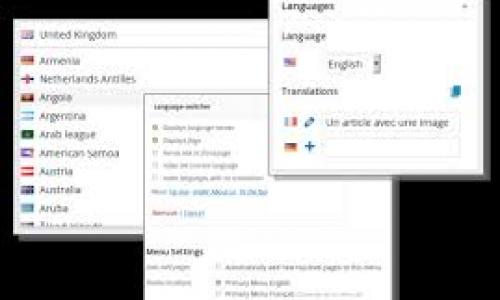


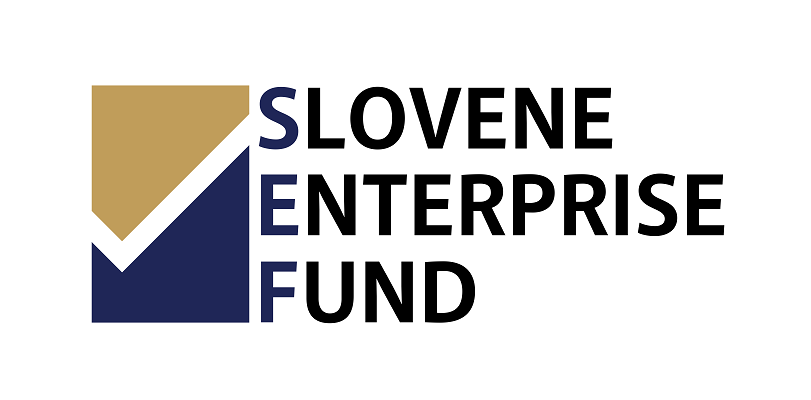

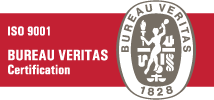
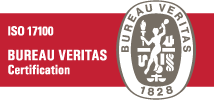
Add new comment